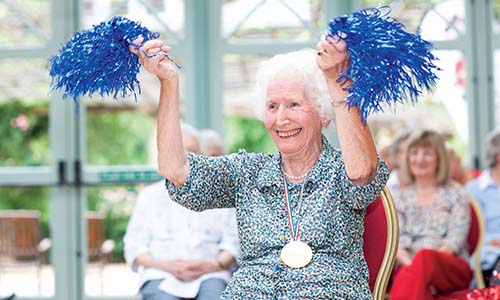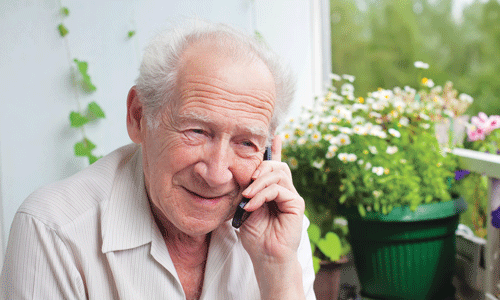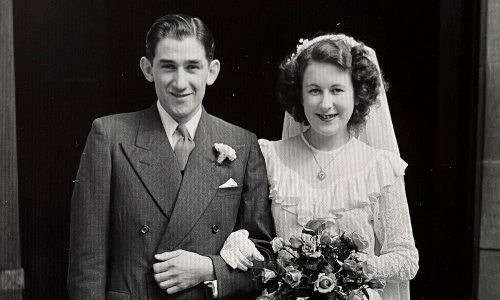Loneliness is a natural human emotion. We are hardwired to need social connections – whether it’s a simple hello that makes someone’s day, a companion to get out and about with, or a telephone friendship that changes someone’s life.
If left unchecked, loneliness can start to affect our mental and physical health. Those who are widowed or isolated are particularly at risk of loneliness, and studies show that lonely older people are about 25% more likely to go on to develop dementia.
Supporting older people who are experiencing loneliness is an essential element of Age UK’s work. Through our services and programmes, we’re determined to be there to help everyone feel less alone.
A friend at the end of the line
For older people who are missing out on regular conversation, a weekly chat over the phone can make a huge difference. This is the case for Seetal and Sheila, who have both found new connections through the Age UK Telephone Friendship Service.
Former housing manager Seetal, 72, felt isolated after staying home during lockdown and losing his wife. Complications from a minor procedure also left him in constant pain. “I was left in limbo,” he reflects of that time. “Nobody cared, no food was coming and I was doing everything by myself.”
Seetal’s weekly chats with his telephone friend helped to provide some comfort. “My only point of contact was Age UK,” Seetal explains, “and that is where I felt that it was the most inspirational for me. I had somebody to talk to and explain my grievances to; somebody who listened to me.”
Seetal has now made a full recovery and is looking forward to restarting his daily walks – which he credits in part with the positive mindset Age UK helped him rediscover.
Retired schoolteacher Sheila had polio as a little girl, and has spent her later years as a wheelchair user. She has lived alone, with her cat, in rural East Anglia since her husband died in 2007. She admits to being sceptical when the idea of a telephone friend was first raised. “I was lonely, but when it was first suggested to me I had my doubts,” she reveals.
“I decided to open myself to the possibility of friendship,” Sheila says. “I liked my telephone friend from the very beginning and over the years we’ve become very good friends.”
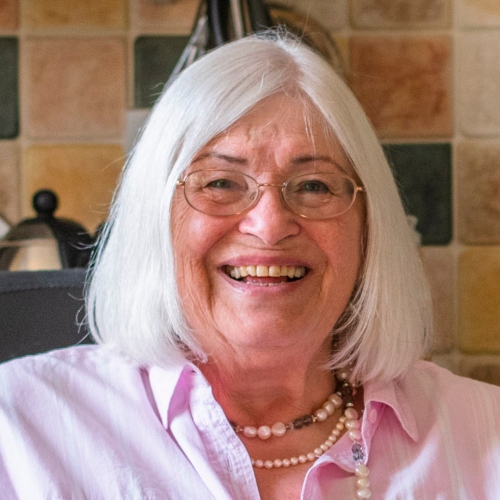
My telephone friend was a lifesaver during lockdown. Now she’s almost like an extension of my family.
“Friends are more than life,” adds Seetal. “They are a source of happiness to you. The way they talk about normal things and the world is priceless. If you are lucky enough to have good friends what else do you want in life?”
Sharing the journey
As well as chats over the phone, sometimes we need company in person. In particular, having someone to share journeys and everyday errands with can help us to feel more confident, capable and connected.
Age UK’s Travelling Companions scheme is supporting socially isolated older people to reconnect with their local communities by helping them to get out and about. Funded by the Department for Transport and being delivered by seven local Age UKs across the country, the pilot programme has already supported more than 300 people to improve their confidence and start overcoming barriers to travelling independently.
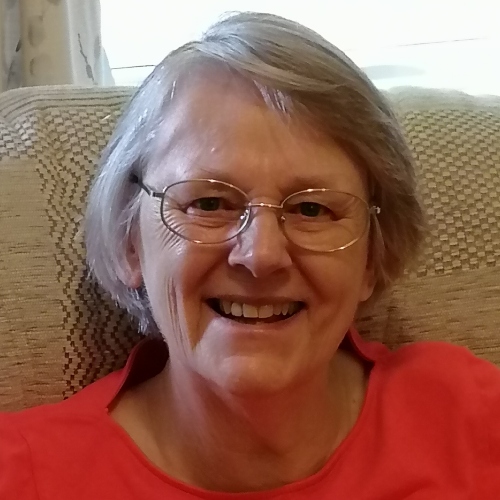
I feel like I’m standing up for myself, and like I’ve been listened to. Things are getting better now.
Glynis, 67, found that her long-term anxiety was making her increasingly nervous to go out – to the point where leaving her flat at all felt very difficult. Like more than 80% of the programme’s participants, Glynis doesn’t have access to a car. Instead, Glynis wanted to use the bus pass she’d acquired during the pandemic to attend exercise classes twice a week, as well as hospital appointments on the other side of Norwich. But she didn’t feel confident to make the trip.
After contacting Age UK Norfolk, Glynis was matched with a travelling companion, who could support her to make essential journeys. Having someone to accompany her has helped Glynis to feel more confident and less alone. After six weeks of twice-weekly trips across the city with her travelling companion, Glynis says she no longer feels worried about taking a bus – and has even made several trips independently.
Catherine and Andrew: Travelling Companions
Hear from Catherine and her Travelling Companion volunteer, Andrew, about what the service means to them.
Tackling loneliness together
If you're feeling lonely, you're far from alone. Through our information guides, befriending services and local Age UK activities, we can help you to feel less isolated.


